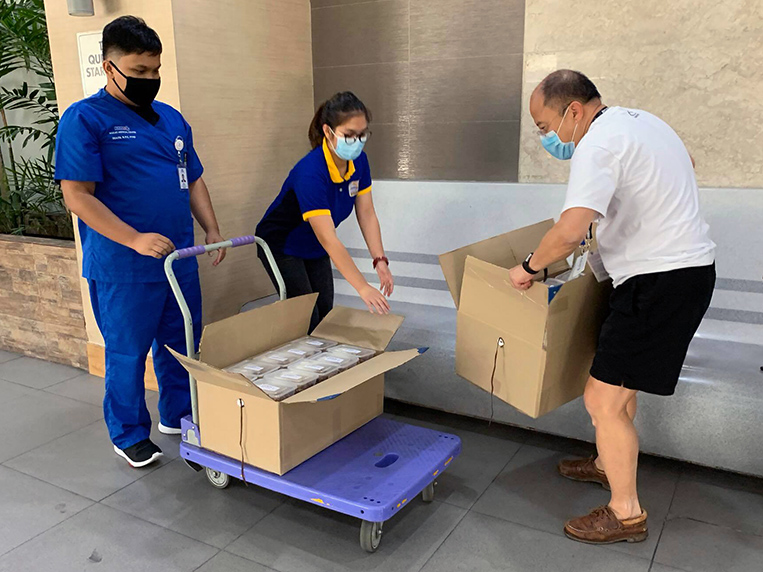
Please indulge me. I’ve generally steered clear of press releases from companies trumpeting their “good deeds” during this time of community quarantine. I’ve avoided publishing self-congratulatory announcements from auto industry players because I feel this is not the time for self-promotion. I’ve only done a single piece on campaigns launched by petroleum brands because the information needed to reach the intended beneficiaries.
This story right here, however, is different and should be shared.
You see, Mazda Philippines president Steven Tan, a Malaysian expatriate, has been distributing free food to healthcare workers—100 packed meals, thrice a week—at Makati Medical Center (St. Luke’s Medical Center Global City will be included this coming week, I’m told). And I only found out about it from a colleague. There are no posts by Mazda on Facebook or Instagram, and certainly no press releases sent to the media (I even asked one of our writers to double-check if this had been reported by any member of the motoring press).
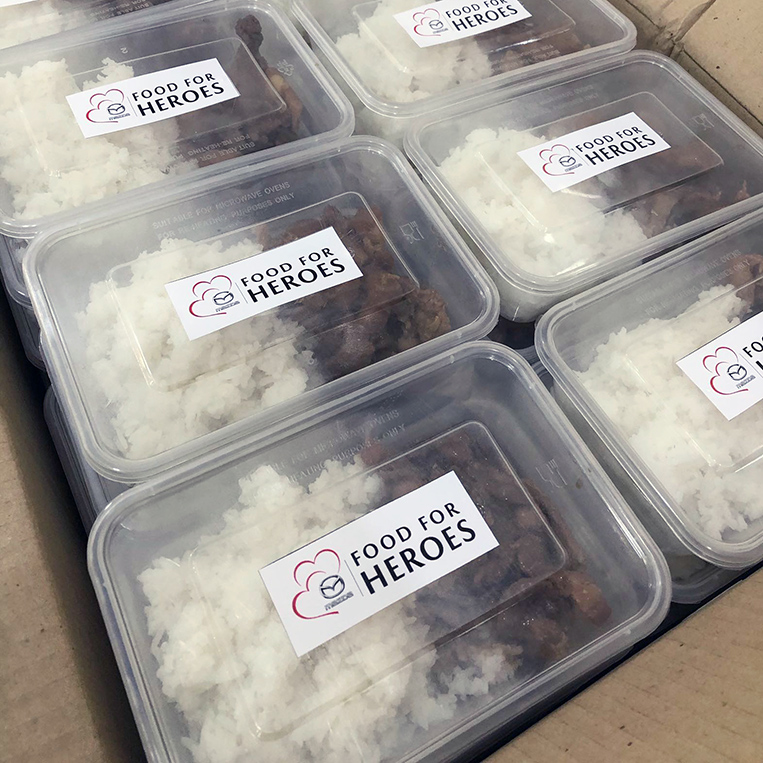
I only got hold of the photos you see here when I asked Tan about this philanthropic project. When I told him I wanted to write about it, he even demurred and said he wasn’t after publicity—exactly why I want to pass on the feel-good vibe to our readers. In fact, the only reason there is “Mazda Food for Heroes” branding on the packed meals is because Tan and his team need to show photographic evidence to Mazda Japan since the seed money used to start this thing came from company funds. “And I also want the healthcare workers to know that we care,” he said.
Tan eventually contributed his own money to the cause. Mazda Philippines employees also shared whatever they could. Best of all, friends began chipping in just to keep the project going.
This is the makeshift kitchen tent they’ve helped set up in Parañaque in collaboration with motoring journalist Anjo Perez and his family:
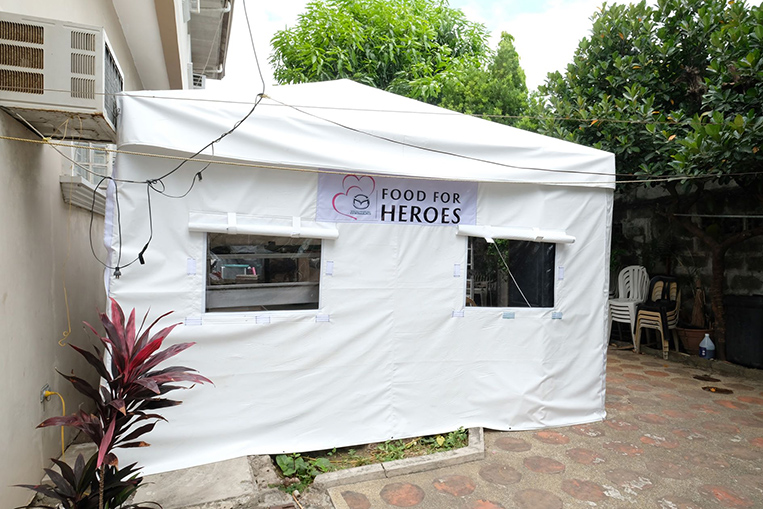
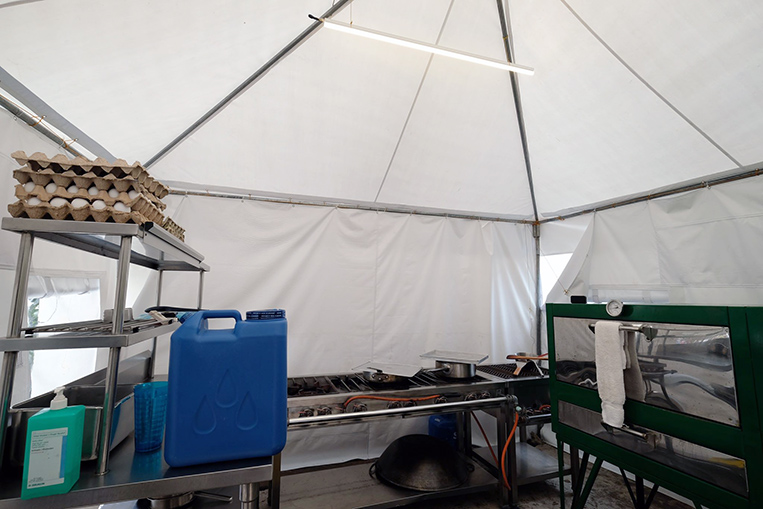
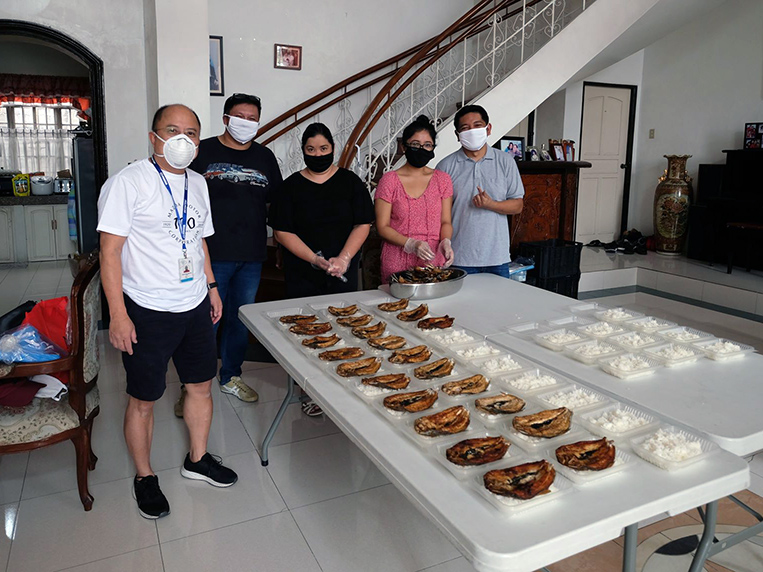
“We will continue for as long as the money lasts,” Tan promised. “We just found a second kitchen last week, so we can now double the number of meals to 600 packs a week. These are home-cooked, nutritious meals.”
I can honestly believe that Tan isn’t pulling off some marketing stunt. If that were the case, he’d probably just issue a check and leave it to his people to carry out the tasks.
“Supporting with money is necessary to produce the meals, but this is not enough,” he explained. “We must also pick up and deliver the meals and not rely on delivery services. So we assemble a volunteer group made up of company staff members. We have a rotation. I signed up for two runs a week.”
What else is there to say? Salute, I guess.




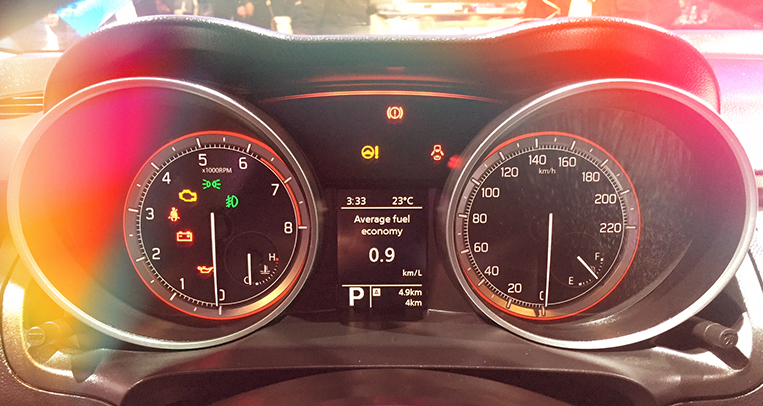


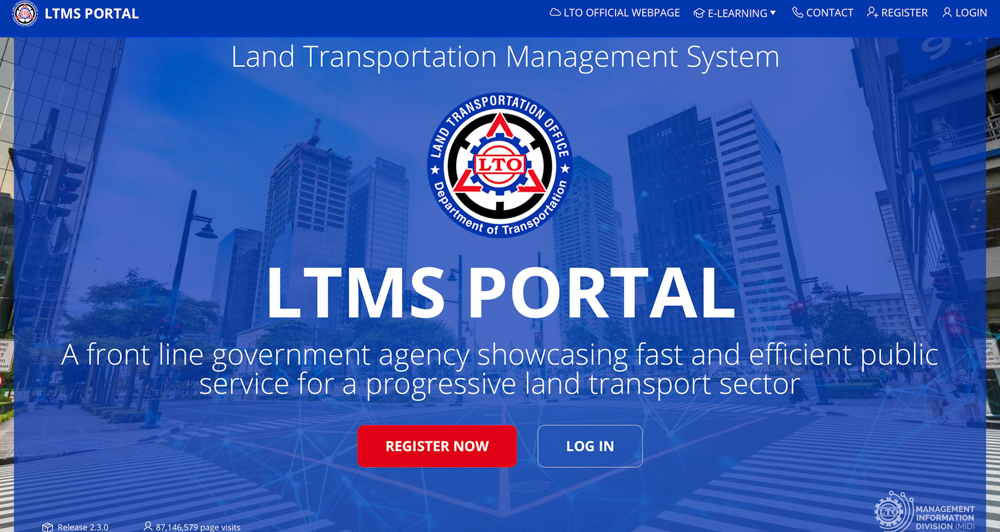



Comments